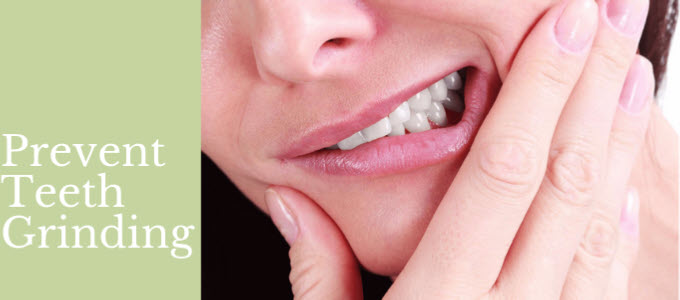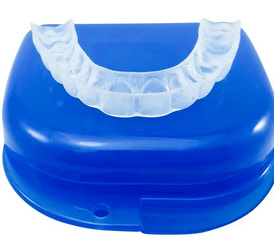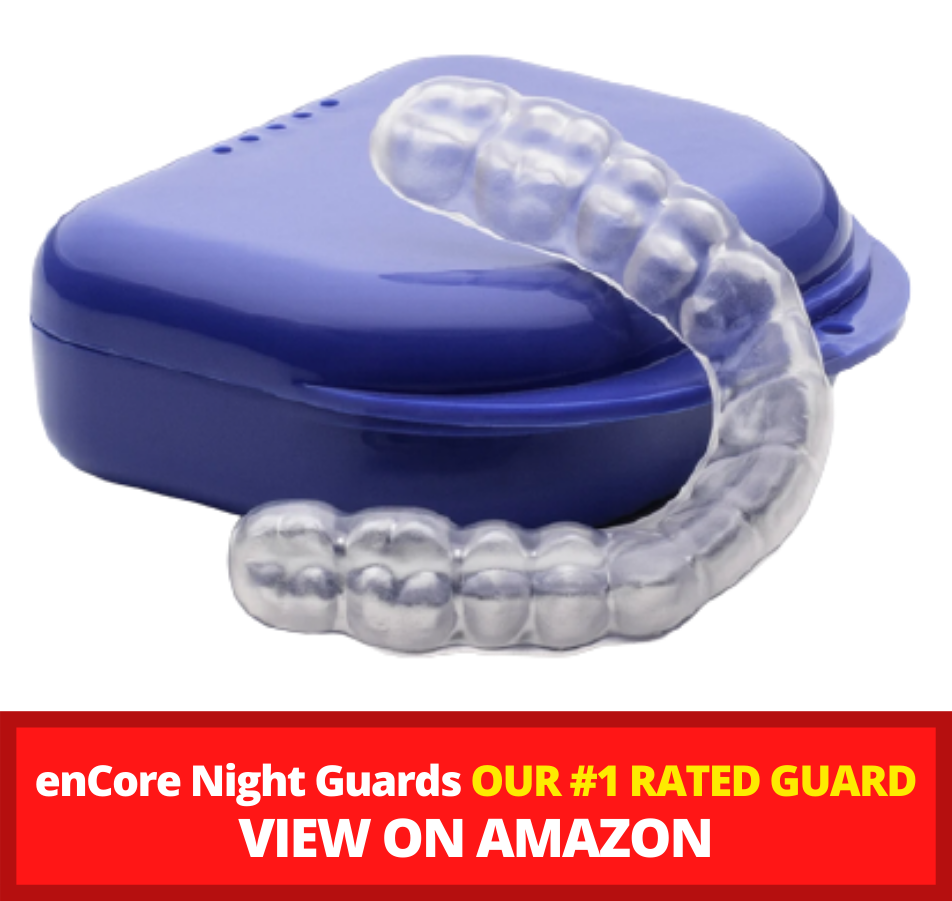Table of Contents

Teeth grinding also known as bruxism is a frequent problem. This can occur at any time but frequently happens when you’re sleeping. You may also find yourself subconsciously clenching your jaw and grinding your teeth when awake.
While this is a fairly common problem to have, there are many things you can do to stop it. Some remedies may be more effective for some than others. While your dentist may have more personalized recommendations, there are a few standard options to address this. If you’re not sure of where to get started, try one of these solutions.
Consider Coronoplasty
This is not a well-known procedure but reductive coronoplasty is a dental procedure that’s done by a qualified professional. It can be used to reshape or level the biting surface of the teeth. This will not be effective for every person but may be an attractive option when teeth grinding is caused by crooked or uneven teeth. In some cases, you may also want to have an additive coronoplasty. This is done when you may need to build up the teeth. A dentist is qualified to perform either procedure and will recommend one over the other based on the shape and size of your teeth.
Inject Botox
In multiple studies, researchers found some evidence that botox injections were effective for reducing pain and teeth grinding in healthy individuals. However, some of the studies done did not always find that this practice was universally beneficial. Since there may be some risks with botox injections, it’s best to discuss potential benefits as well as risks with a doctor before deciding on this treatment.
When having botox injections for tooth grinding, a professional will inject a small amount of botox into an area of the face known as the masseter. This is a muscle group that is responsible for moving the jaw. While the injections won’t cure bruxism, they will work by relaxing the muscle. This may help to reduce tooth grinding and also reduce headaches associated with it. Botox typically lasts a few months and will need to be repeated periodically (1).
Try a Mouthguard

A mouthguard is simply a tool that may be helpful to wear when you experience tooth grinding at night. This works by cushioning the teeth and keeping them from rubbing together when sleeping. A mouthguard can be purchased at most health stores. However, if you find that this is not effective or you still continue to experience discomfort, your dentist can also make a custom one.
People who have chronic teeth grinding find that these custom-made mouthguards may help to protect the teeth from damage. People with this problem also find that they may wake up with jaw strain. A custom-made mouthguard is going to come at a higher price than a standard one but also may be more effective. They’re also available in a variety of thicknesses. When fitted specifically to the shape of your mouth and the size of your jaw, they’re typically more comfortable and may be made from softer material.
While you may need a custom mouthguard, consider starting with a standard over the counter option and then have a custom one from your dentist made if this is not effective.
Reduce Stress
If you’re a tooth grinder that finds you do this when you’re experiencing stress and anxiety, then it may be effective to treat the stress directly. For some people, teeth grinding can be linked to their mental state. While more research is needed in this area, stress reduction techniques may be helpful. It can also help to benefit your overall health so this is a low-risk remedy.
There is not one effective stress-reduction technique but consider trying a few of the common methods. Meditation has been promoted as a method of reducing stress effectively. This will take practice and may be difficult for some people. However, with a variety of tools and videos on the subject, it’s an easy solution to try. Another stress reliever can be yoga. Since yoga can be relaxing for some people, consider trying some yoga exercises to see if that improves your symptoms.
Limit Chewing
If you are grinding your teeth, you may be irritating your jaw muscle. By limiting how much you use your jaw muscles in general, you may find that it’s easier to avoid grinding your teeth as well. We all have to chew our foods but consider eating softer foods for a few days. Take note if this is beneficial for you or not. Foods that require a lot of chewing include tough meats, popcorn, and taffy.
You may also want to limit chewing that doesn’t involve food. For example, are you frequently chewing on gum? Some people also find that they’re often chewing on ice between meals. Even if your favorite activity is chewing on something, limiting this habit may help to reduce tooth grinding and the discomfort that it causes.
Try a Jaw Massage
When your jaw muscles are tense, you may find that it’s hard to stop clenching and grinding your teeth. Do you find that you’re often doing this during the day when you’re awake? Try to relax the facial muscles and give your jaw muscles a light massage. You may even want to loose them further by applying gentle heat to the area. Rubbing and heat application will typically release the tension that has built up throughout the day. This may not solve your night teeth grinding but can be effective when you grind your teeth during the day.
Talk to Your Dentist
Although all of these options can offer relief, it’s also a good idea to mention your symptoms and problems to your dentist. This is a problem which they understand well and may be able to offer personalized recommendations that you’re not aware of. With some changes to your routine, you may be able to prevent tooth grinding in the future. Since this habit can lead to damaged teeth in the long-term, it’s best to find a solution that works for you.


